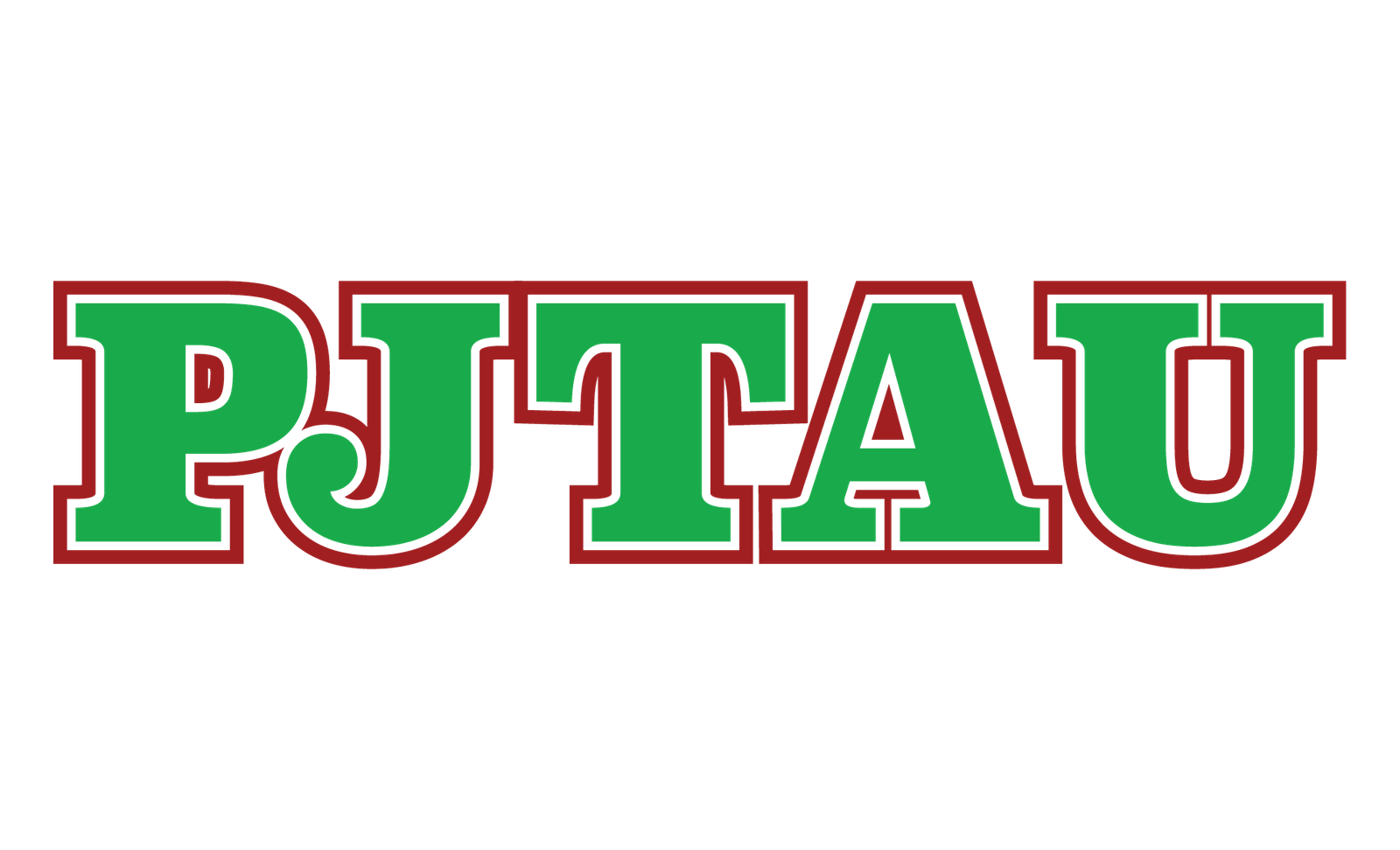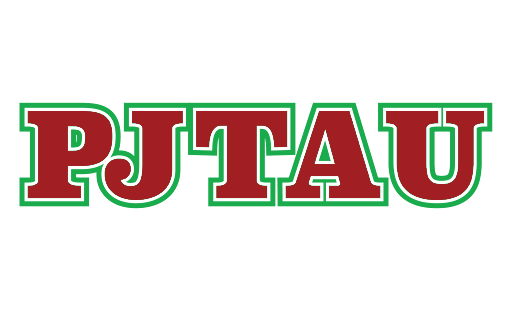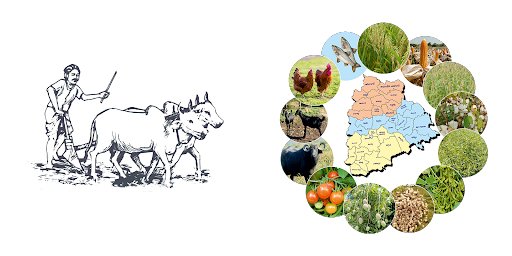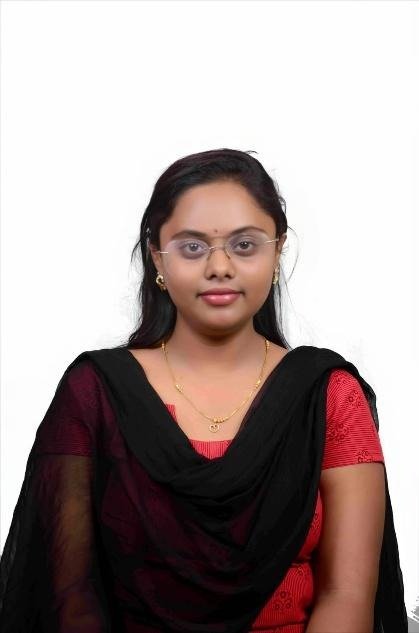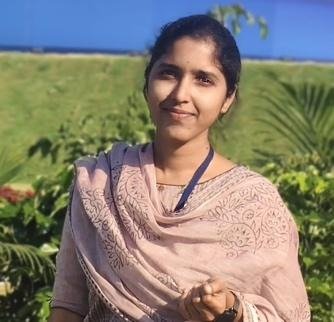Entomology
Entomology is an important branch of Agricultural Sciences that deals with more than just the study of insects – it addresses some of the most pressing challenges in agriculture and environmental sustainability
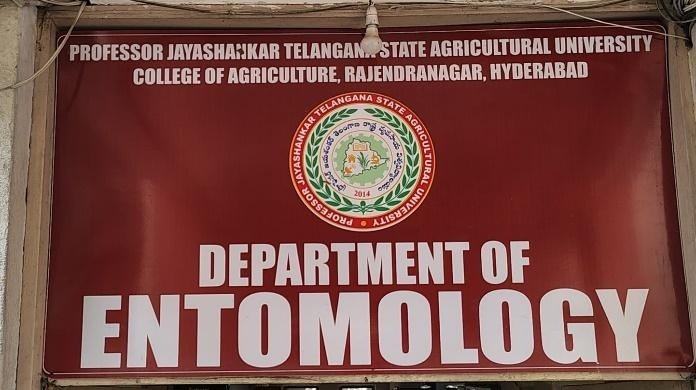
Teaching Staff Details
| Sl. No | Name | Designation | Specialization | Contact Details | Photo |
|---|---|---|---|---|---|
| 1 | Dr. C. Narendra Reddy | Professor (AL-15) & Head | IPM, Insecticide Resistance, Insect Ecology, Pesticide Residues |
Mobile: 9849692058 Email: narendrareddyento@yahoo.co.in |

|
| 2 | Dr. V. Lakshminarayanamma | Professor | Eri Culture, Apiculture, HPR, IPM |
Mobile: 9949282907 Email: lakshmipalem9@yahoo.com |
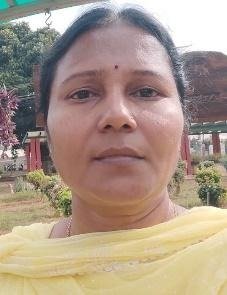
|
| 3 | Dr. S. Upendhar | Professor | Insecticide Resistance & Sericulture |
Mobile: 9948499284 Email: supendhar@gmail.com supendhar@pjtau.edu.in |

|
| 4 | Mr. M. Rajshekhar | Assistant Professor | IPM & Drones |
Mobile: 8247421216 Email: razshekarm@gmail.com |
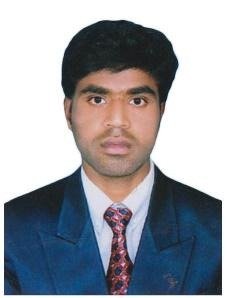
|
